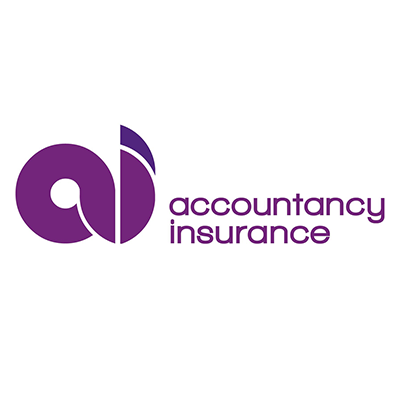Our tax partner, Richard Ashby, leads the GS tax team and he has over 30 years’ experience in dealing with New Zealand taxation issues, including a number of years he worked at the Inland Revenue, where he spent time within the investigations unit.
Trying to interpret tax laws and thereby determine their application to your situation, can be as challenging as trying to understand a foreign language that you have not encountered before. And even then, if you reach a basic level of appreciation where you think that you now have a clear view of your playing field, the landscape is then complicated by the fact that tax law does not remain constant, and is subject to ongoing updates.
Seeking out the opinion of a tax professional can therefore save you both time and money, along with a sense of security that the advice is up to date. It can also assist you with making more informed decisions faster and help you to mitigate potentially costly problems down the track.
For most people, a tax professional is their accountant, who is the obvious first point of contact in querying a particular tax issue and the best course of action accordingly. However, sometimes the more complicated matters will simply be outside the scope of an accountants areas of expertise, and outside assistance will be needed to ensure that the optimal tax position is taken. There may also be independence issues to consider, with a second opinion from a tax professional often well worth the dollars outlaid for the expert advice.
We have expertise in tax and can provide you with tax opinions on:
- Land related transactions – minor subdivisions, developing land, bright-line rules
- Tax residency issues – determining your present tax residency status and consideration of double tax treaty agreements
- Cross-border structuring – expanding a NZ business offshore or an offshore business into NZ
- Application of NZ’s GST rules including for offshore businesses – NZ’s remote services, low value imported goods and non-resident business special claimants regimes
- Determining appropriate structures for business transactions – including use of look-through companies (LTC), limited partnerships and unit trusts
- Foreign Investment Funds (FIF), Controlled Foreign Companies (CFC), and Foreign superannuation schemes
- Estate planning using family trusts and other investment structures
- Business restructures including amalgamations, consolidations, and liquidations
- Buying and selling businesses and associated tax due diligence exercises
- Mitigating exposure to IRD penalties and use of money interest, and dealing with IRD debt
Whether it’s personal or business, domestic or international related – we can provide the expertise to help you make the right decisions, at the right time.











